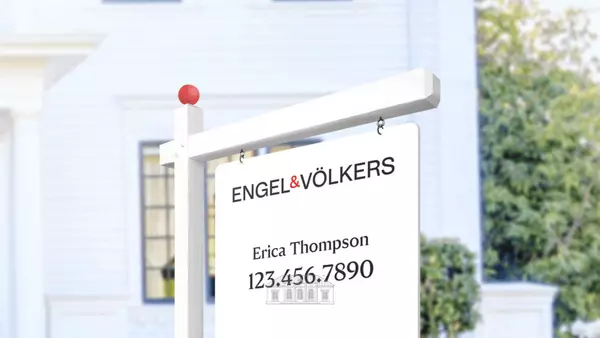This Tax Rule Hasn’t Changed Since 1997—and It’s Hurting the Market Today

There’s a big reason today’s housing inventory is so tight, and it’s not just mortgage rates—it’s taxes. Specifically, a decades-old capital gains tax rule that hasn’t kept pace with home values. It’s quietly locking people into homes they might otherwise sell.
Here’s what’s going on. Right now, when a homeowner sells their primary residence, they can exclude up to $250,000 of capital gains from taxes if they’re single, or $500,000 if married. That sounds great—until you realize those numbers haven’t changed since 1997. Meanwhile, home prices have skyrocketed.
What used to be a generous exemption now barely covers the appreciation in many markets. In high-demand areas or neighborhoods that have seen big gains, longtime homeowners are sitting on far more equity than they can shield from taxes. So instead of selling and facing a giant tax bill, they’re staying put. And every homeowner who stays put is one less house on the market.
This isn’t just a coastal issue. Even in the Midwest—places like Indy or Noblesville—longtime owners who bought at $200K and now have a home worth $600K+ are running into this cap. It’s turning into a real roadblock, especially for older homeowners thinking about downsizing.
And the timing couldn’t be worse. We’re in the early stages of a major generational housing handoff. Baby boomers hold the largest share of real estate wealth in the country. Many would love to sell, simplify, and move closer to grandkids or into lower-maintenance homes. But the tax hit? It’s a deal breaker.
What’s frustrating is that this fix is obvious: Adjust the capital gains exemption to reflect current market realities. If it had been indexed for inflation, today’s cap would be closer to $500K for singles and $1 million for couples. There’s bipartisan interest in changing the rule, but nothing’s passed yet.
Bottom line: if something doesn’t change, we’re going to see even more inventory gridlock, especially in the senior housing market. And that trickles down to everyone—fewer move-up opportunities, tighter starter home supply, and less mobility across the board.
If you're a homeowner sitting on a lot of equity and unsure what your options are—or a buyer wondering why the market feels so frozen—let’s talk. There are still ways to plan smart and move forward! —JL
Categories
Recent Posts











